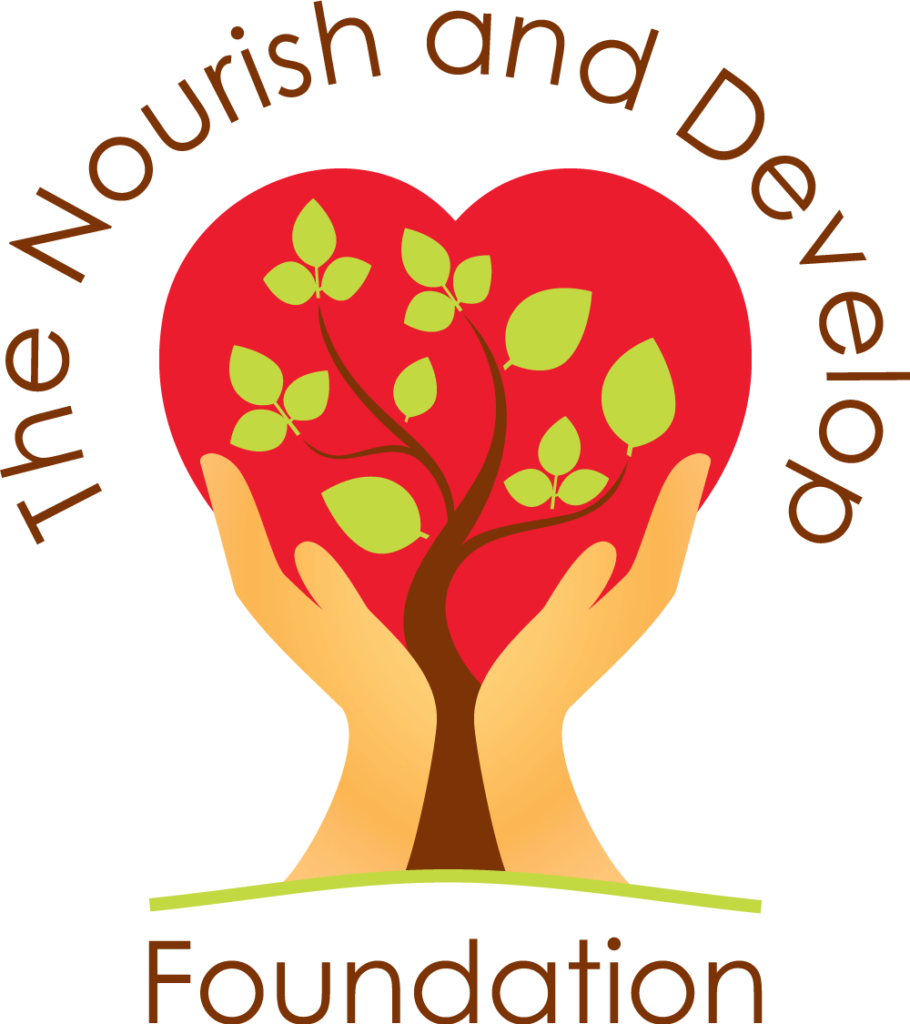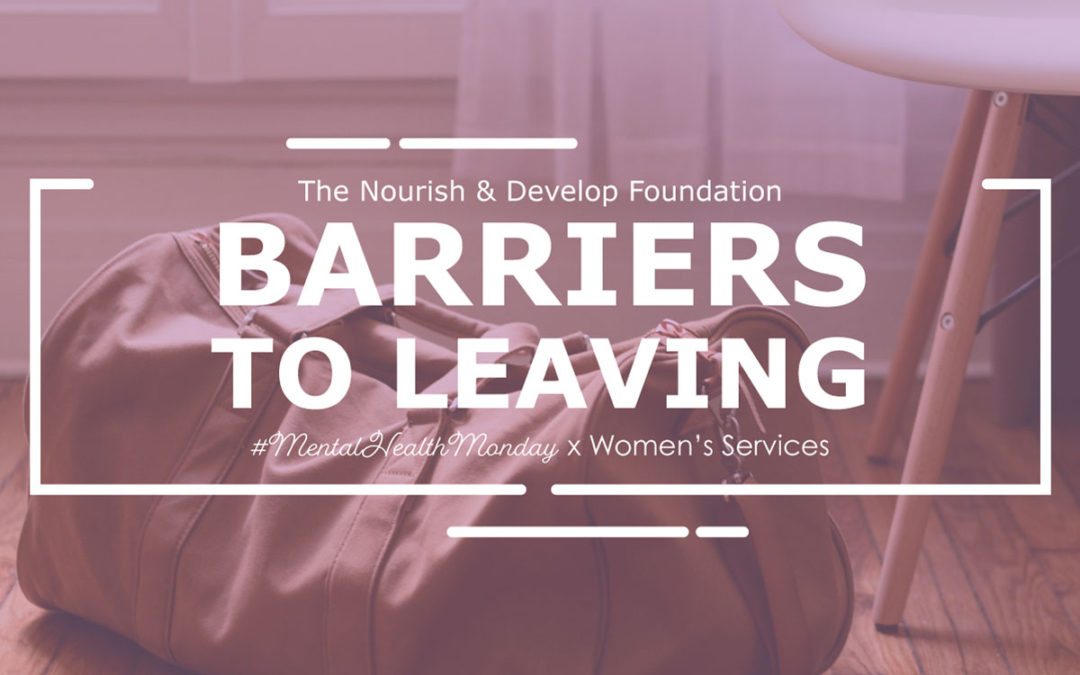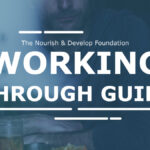Acknowledging the wide range of damaging effects of domestic
violence is an important step towards addressing the issue in our community and supporting survivors who have experienced the impacts of the abuse for themselves and their families. Almost everyone is impacted in some way whether they are consciously aware of this or not. Being an active part of someone’s support system can also have lasting impact on our own relationships.
Those of us who provide services to survivors are often asked why victims stay in abusive relationships. Although it seems much more important that we talk about why abusers think their behaviour is acceptable, there are many reasons people stay in unhealthy and toxic relationships. Each relationship is unique to the people involved and therefore people’s motivations are complex and not always identifiable from the outside.
If we talk about the reasons people feel unable to leave as literal barriers that keep them locked in the pattern of the unhealthy relationship, we can shift our focus from blaming victims for someone else’s behaviour towards empathy and support. Although the combination of reasons will be different for each person, there are some common barriers that are often brought up.
“But I love them.”
We all put time and energy into building connections and dreams with our partners. Believing that we are working towards the same things can help us get through rough times together. Once someone realizes those goals aren’t aligned, the loss can be overwhelming to acknowledge. Especially if we are used to excusing and explaining away problematic actions, it becomes difficult to separate feelings about the person from the behavior.
“He always said if I try to leave, he’d make me sorry.”
Threatening harm to someone, their children or other loved ones, pets, or even random strangers is an effective way to keep people compliant. Fear is a powerful tool. Whether or not the threat is credible or likely can feel almost irrelevant to the victim who has likely seen at least some follow through of threats during the relationship. When people are feeling powerless, it can be difficult to think in logical ways or to think ahead and make solid plans.
“I’d never be able to support myself and the kids alone.”
One of the best ways to keep someone dependent is to limit their access to resources. A common tactic used by abusive people is to withhold information about finances, lie about how stable or unstable the finances are and monitor every cent spent by the victim. Keeping people in the dark, keeping them defensive and dependent on them are common ways to create doubt and fear about whether, someone could survive on their own.
“It’s not really abusive, he doesn’t hit me or anything like that.”
People are most able to identify bruises, black eyes, and broken bones as abusive. Physical violence is the most validated form of abuse as it is understandable that it was intended to cause harm. Emotional abuse, sexual abuse, manipulation, isolation and tearing down someone else’s sense of self can’t be seen on the body in the same way, but they are just as harmful as physical abuse.
When abuse is not recognized or viewed as unacceptable, people’s choices are already limited by what they understand to be happening. Excusing ongoing behaviour as having ‘a bad day’ or extra stress from another source is one way people can justify the behaviour without having to admit what is happening.
“I can’t imagine taking the kids away from their Dad.”
Another common and powerful emotion is guilt, which can be both internally and externally driven. We hold specific ideas about relationships and families, which can be influenced heavily by culture, religious expectations and messages from other family members, our peers and in the media we consume. Women have long been expected to play the nurturing role in families and do the bulk of the caregiving work with children. The social pressure to maintain the ‘nuclear family’ model has been intense, even as the make-up of families in Canada has shifted. Women will often express guilt about ‘breaking up the family’ or depriving children of time with the other parent. Even when the dynamic in the house is negative and potentially dangerous, justifications can be made that are directly attributed to feelings of guilt.
staying or leaving
One of the best ways to support people who have been impacted by domestic violence is to truly listen to their concerns while they identify the barriers that keep them in place. It can take time before someone is ready to receive help or to leave an abusive relationship, especially if they are in a position where they do not have enough resources to make a smooth transition to living without their partner or spouse and adequately support themselves and their children. It is important to understand that as human beings we are all responsible for our own behaviour and growth. If someone is being abusive and refusing to acknowledge how their behaviour is having a negative effect on those around them, it may be time to leave the relationship. Often relationships do not improve on their own, without professional counseling and a willingness to work together as a couple. The willingness to make changes to improve the relationship cannot be one-sided. There are many resources and service providers who can help provide safety planning information, legal advice, or simply listen and validate concerns and offer support. Whether a person decides to stay and try to improve the relationship or leave the relationship, having support from friends, family and social service providers will make a big difference in their emotional, mental, and physical well-being.
Resources
Community Resources for Women Experiencing Violence or Abuse



